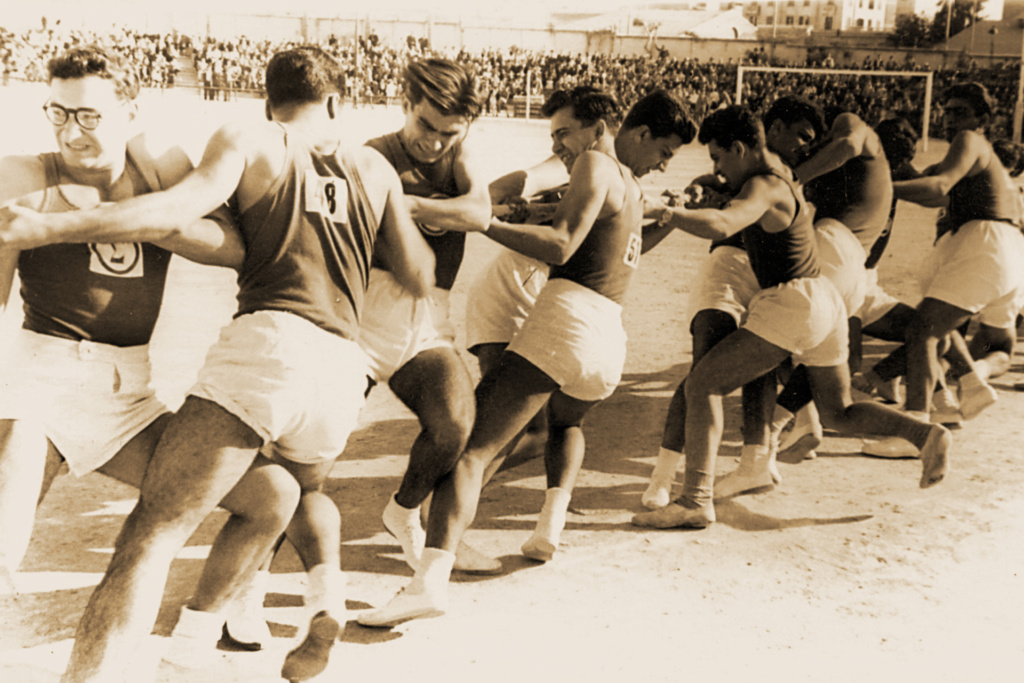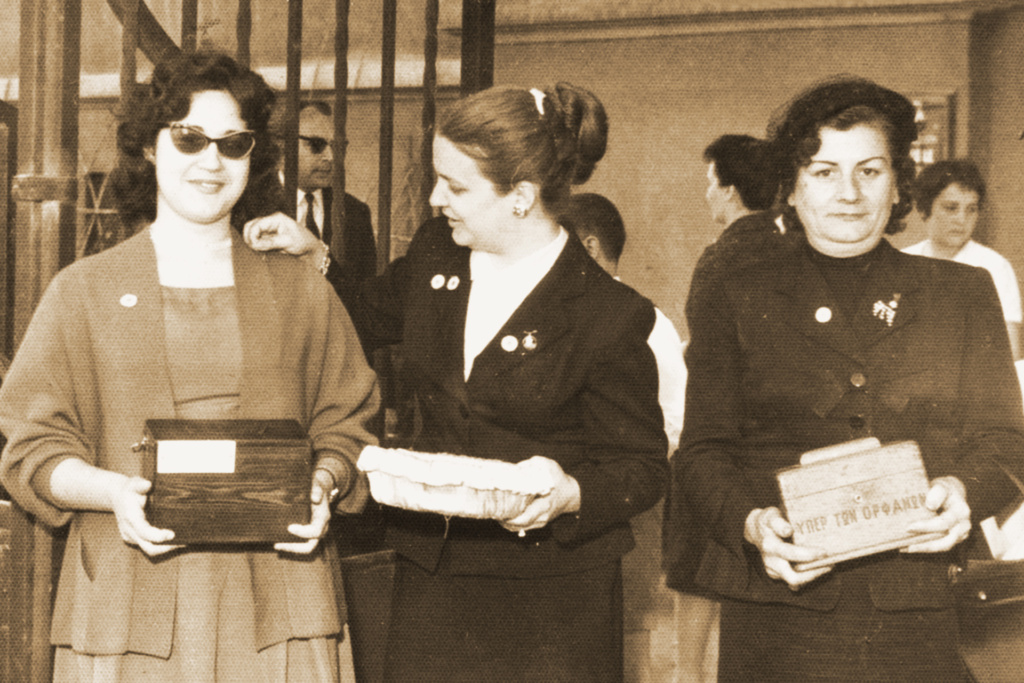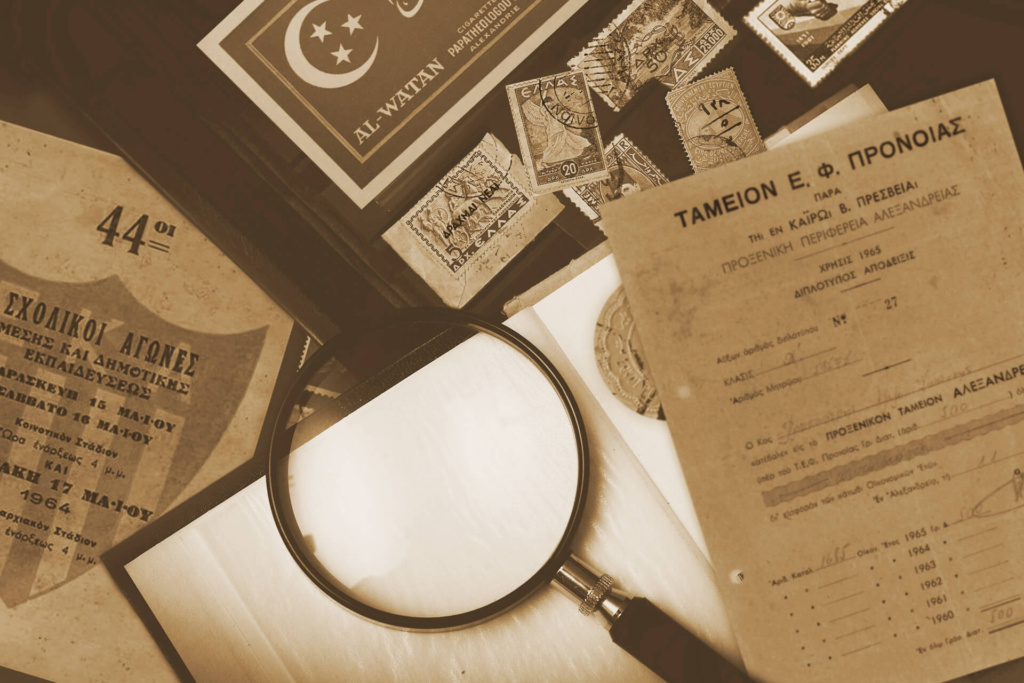







Welcome to ELIAM
the Greek Historical Archives of the Eastern Mediterranean
Our purpose is to digitize, and present in electronic form, private archival collections of individual and family materials relating to the Greek presence in the lands of the Eastern Mediterranean in the modern era and to highlight the multicultural and multiethnic environment of the region.
The Greek Worlds of the Eastern Mediterranean
At the dawn of the 19th century, the Eastern Mediterranean formed the core of the Ottoman Empire. Following decades of political processes and transitions, uprisings, revolutions, and in some cases the active intervention of colonial powers, the region by the mid-20th century came to consist of the countries we recognize today: Egypt, Greece, Jordan, Israel, Cyprus, Lebanon, Libya, Palestine, Syria, and Turkey.
Both, along the coasts of the Eastern Mediterranean and in its broader hinterland, populations who often identified ethnically as “Greeks” or “Romaioi” and predominantly religiously as “Greek Orthodox Christians” lived—and in some cases, still live. However, there were also Greek Catholics and Protestants, as well as Greek Jews and Muslims. Their professional activities ranged from industrialists and large-scale merchants to office clerks, craftsmen, and unskilled laborers, with the majority of these Greeks belonging to middle and lower social classes.










